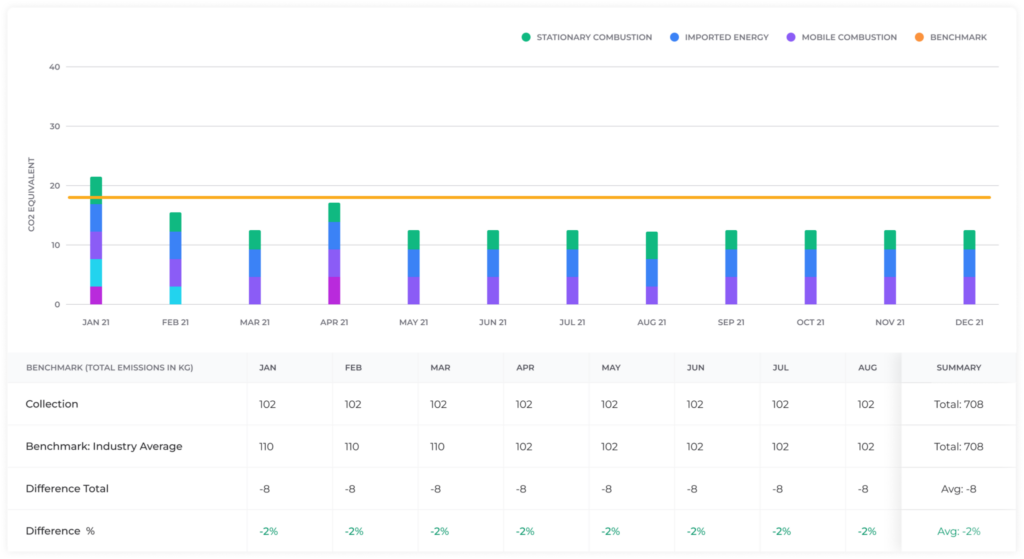The Royal Bank of Canada this week unveiled a partnership with Toronto’s Carbonhound, an automated greenhouse gas emissions reporting platform. The collaboration between RBC and Carbonhound is designed to help Canadian businesses measure, verify, and manage their emissions. As regulatory requirements intensify, Canadian businesses face increased demands to accurately report their emissions and other environmental […]
RBC
AI’s Power Surge Challenges Canada’s Electricity Grid
Artificial intelligence (AI) is reshaping economies worldwide, but its rapid growth is presenting significant challenges to Canada’s electricity grid. In a recent report from RBC Thought Leadership, Shaz Merwat highlights the transformative impact of AI on energy demand, the grid’s reliability, and emissions. The Energy-Intensive Reality of AI AI operations, such as OpenAI’s ChatGPT, consume […]
Deep Sky Secures Carbon Removal Credits with RBC and Microsoft to Pioneer Carbon Removal Technology
Canadian carbon removal project developer Deep Sky has taken a significant step in the fight against climate change by selling carbon removal credits to founding buyers Royal Bank of Canada and Microsoft. This agreement commits Deep Sky to remove 10,000 tonnes of CO₂ over the next decade through Deep Sky Labs, the world’s first carbon […]
Women in Cleantech: RBC Accelerator’s New Cohort Paves the Way for a Sustainable Future
MaRS has announced the 10 entrepreneurs participating in the next cohort of the RBC Women in Cleantech Accelerator. The RBC Women in Cleantech Accelerator helps women overcome challenges in the cleantech sector by providing a strong support system, collaboration opportunities, and essential tools for success. This two-year intensive program is designed to help women-led Canadian […]






